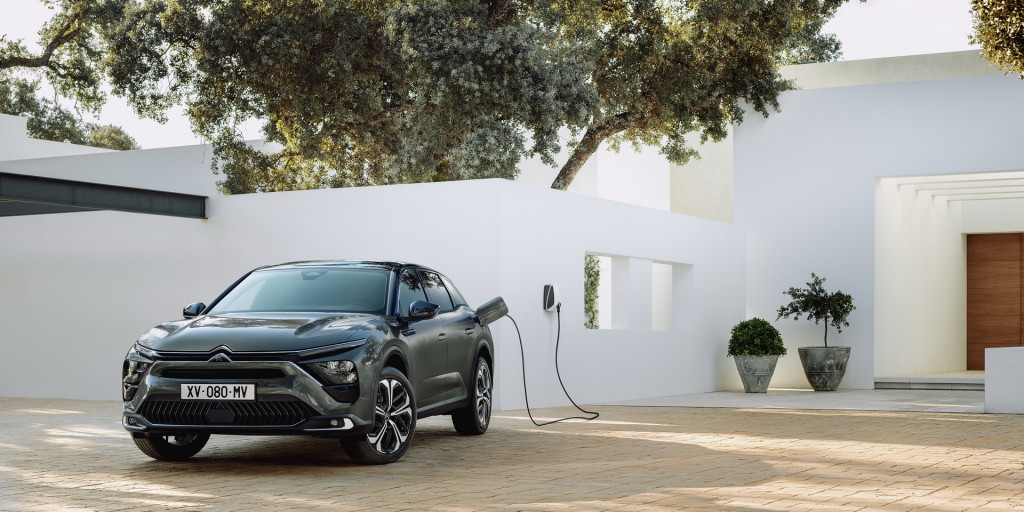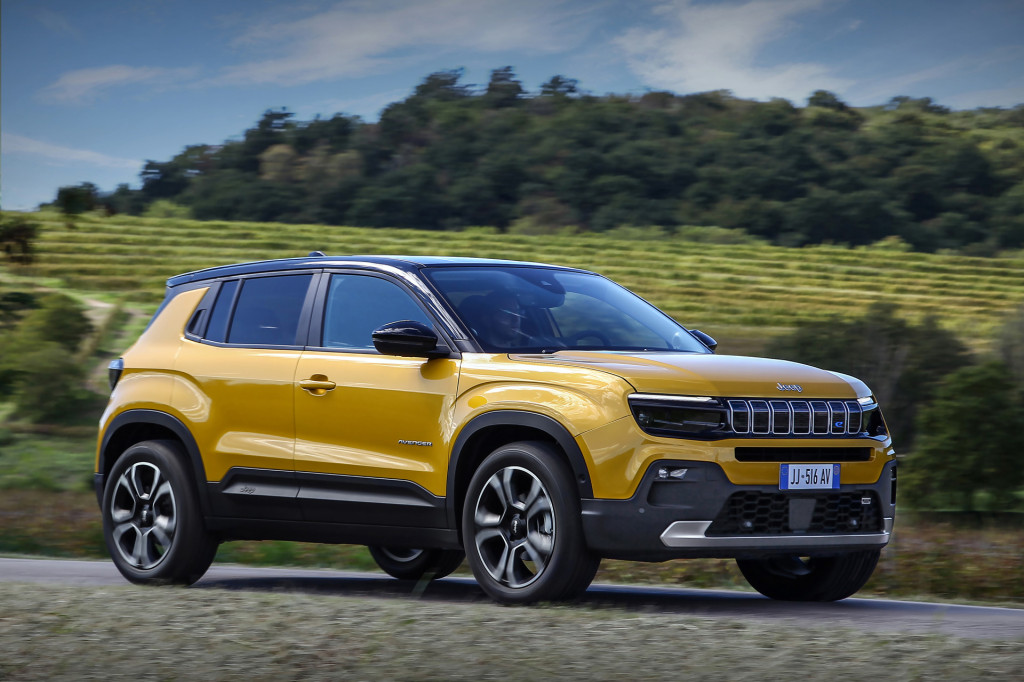SUVs are supplanting traditional sedans, hatchbacks, and wagons in sales, but the head of Citroën believes EVs could reverse that trend.
"The world of SUVs is done," Citroën CEO Vincent Cobée said in a recent interview with Auto Express (via InsideEVs). That's a bold prediction considering that SUVs have accounted for 50% of all new car registrations in Citroën's home European market for the past few years.
Yet the need to maximize range at a reasonable cost could cause a change in automaker's product-planning habits, Cobée argues, noting that the traditional SUV shape isn't aerodynamically optimal.

2022 Citroen C5 X
Any range loss from increased aerodynamic drag could be counteracted by a larger battery pack. But that adds weight and cost, and so won't be a viable solution in the long term, Cobée noted, adding that the public perception of SUVs as wasteful could eventually curtail their appeal.
Jeep, a cousin of Citroën under the Stellantis family tree, doesn't seem to think that to be the case, as it's releasing its Avenger for Europe, while a rugged Recon EV is on the way for the U.S., among others. In fact the entire Jeep brand—one of Stellantis' most profitable—depends on them.

Jeep Avenger
And in some markets, like the U.S., building a lot of light trucks may be part of a strategy to help "run faster than regulations," as Stellantis CEO Carlos Tavares recently put it to Green Car Reports.
That begs the question of what a continued predominance of SUVs in an EV era would mean for overall emissions reductions.
A 2021 report showed that the emissions benefits of any shift toward EVs was canceled out by the market's persistent shift to SUVs. In the U.S., the Department of Energy has started using SUVs as a benchmark for vehicle comparison, underscoring that smaller SUVs are better for the environment.












